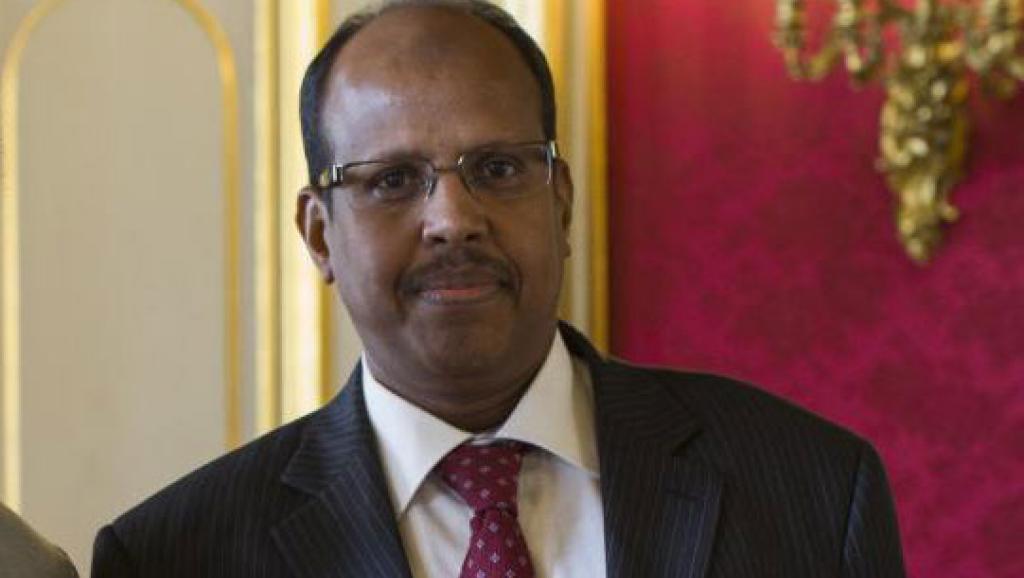Djibouti- Djiboutian Minister of Foreign Affairs Mahamoud Ali Youssouf talked about his country’s attempts to cooperate with Iran based on a clear vision, just like other countries.
In an interview with Asharq Al-Awsat, Youssouf said that Djibouti noticed from the beginning that cooperating with Tehran was very confusing, which made it step away from this move, and when Iran decided to breach legitimacy in Yemen and intervene in Arab’s affairs, Djibouti cut relations directly.
Minister Youssouf explained why his country doubts Tehran’s intentions by saying that political decisions taken by Tehran are usually taken based on two different levels.
The first level, he said, is the level of political minds and the second one is the religious minds that impose its opinions continuously. He added that Iran’s exposed-policies come from sectarianism and that these policies came from the era of the previous leader, which is causing instability in regional countries.
On the other hand, the Djiboutian Foreign Minister confirmed the depth of good relations with Saudi Arabia.
He said that when the Custodian of the Two Holy Mosques King Salman bin Abdulaziz Al Saud announced the establishment and formation of the Arab Coalition to combat Houthi rebels in Yemen, Djibouti was the first to join.
Youssouf explained that when Djibouti was liberated in 1977, it headed directly towards Arab countries as his country’s leadership back then saw that the future and fate of Djibouti falls in the Arab World. He said that his country applied needed policies to join the Arab League – then it started establishing strong relations with Arab countries in general and with Saudi Arabia in precise.
The first reason was thatSaudi Arabia is the closest to Djibouti geographically, and the second reason was that the Kingdom, Egypt Algeria and some other Arab countries have contributed significantly in supporting Djibouti to gain its independence.
After the independence, Djibouti started being involved in development programs and projects and countries with capabilities to support it, headed by the Kingdom, funded the infrastructure projects and the country’s budget during the first few years following the independence.
When asked about the reality of Djibouti’s military cooperation with Saudi Arabia and the plan to establish a military base in Djibouti, Youssouf responded that there are indeed consultations and negotiations in this regard between the two countries’ military leaderships.
He further noted that a draft for security, military and strategic agreement was put and is being studied for implementation later.
Moreover, he said, Saudi military leaders have visited several Djiboutian areas that will host the Saudi military and maritime base.
The Foreign Minister noted that Djibouti first hosted the United States in its territories as the latter established a military base. Then, he said, the European Union also established a base in Djibouti called European Union Naval Force Operation Atalanta to combat piracy.
Following the EU base, Italy and Japan also established military bases followed by China, which has a prominent military presence in Djibouti.
Youssouf stressed that despite what some believe regarding negative contacts among these countries and the contradiction in their interests, reality proves the opposite – as they are all present in Djibouti without contacting in any negative mean.
